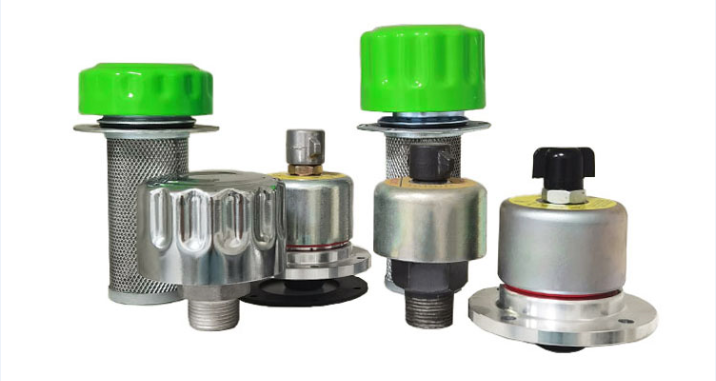The filter consists of a number of key components, including the cylinder, the filter screen, the blowdown part, the transmission device and the electrical control part. These components work together to ensure that the filter performs its filtration tasks efficiently. The components of the filter are explained in detail below:
1. Cylinder of the filter
(1) Structure
The cylinder is the basic member of the filter, usually cylindrical, and is used to hold the filter screen and other filter elements.
(2) Material
The cylinder is generally made of corrosion-resistant materials such as stainless steel to ensure that it can withstand the influence of various corrosive fluids in long-term use.
2. Strainer of the filter
(1) Function
The filter screen is the core part of the filter and is responsible for intercepting particulate impurities in the fluid.
(2) Type
There are many types of filters, such as stainless steel filters, wedge filters, etc., and different materials and apertures of filters can meet different filtration accuracy requirements.
3. Sewage part of the filter
(1) Design
The blowdown part is used to remove trapped impurities during filter cleaning. The design requires easy blowdown, and some filters are designed with removable cartridges for easy cleaning and reloading.
(2) Operation
During the cleaning cycle, the drain valve is automatically opened through the electrical control section to discharge impurities, thus restoring the filtration performance.
4. Transmission device of the filter
(1) Function
The transmission device is used to control the cleaning process of the filter screen and usually includes the motor and related transmission mechanism.
(2) Operation
When cleaning is required, the motor drives the transmission device to drive the brush or other cleaning device to clean the filter.
5. Electrical control part
(1) Control system
The electrical control part is the guarantee of filter automation, including differential pressure sensors, controllers and actuators.
(2) Function
By monitoring the filter pressure difference or timing control, the cleaning process is automatically started, and the action of the transmission device and the blowdown valve is controlled to achieve automatic filtration and cleaning.
6. Filter element
(1) Type
There are many types of filter element according to the different filter media, such as activated carbon filter element, ultrafiltration filter element, reverse osmosis filter element, etc.
(2) Function
The filter element is responsible for further removing small particles and harmful substances from the fluid to ensure that the quality of the effluent is up to standard.
7. Backwash mechanism
(1) Design
Some high-efficiency filters are equipped with a backwash mechanism to clean the filter through the reverse flow of water without interrupting the filtration process.
(2) Advantages
This design can greatly extend the service life of the filter screen and reduce the maintenance frequency and cost.

